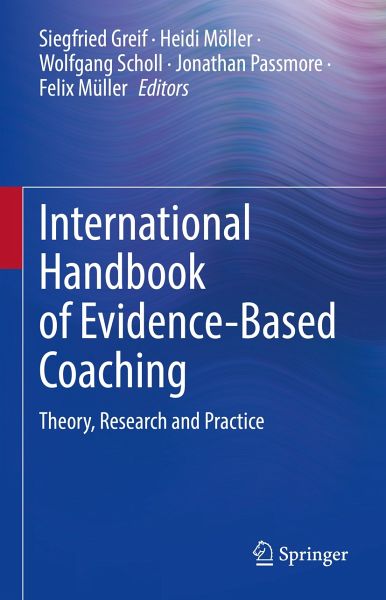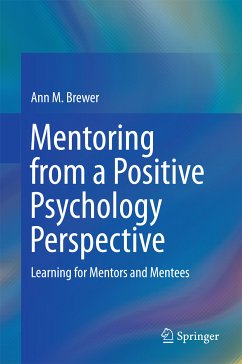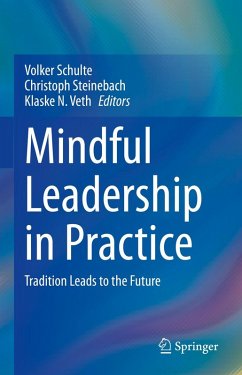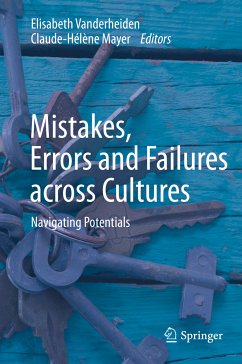
International Handbook of Evidence-Based Coaching (eBook, PDF)
Theory, Research and Practice
Redaktion: Greif, Siegfried; Müller, Felix; Passmore, Jonathan; Scholl, Wolfgang; Möller, Heidi
Versandkostenfrei!
Sofort per Download lieferbar
64,95 €
inkl. MwSt.
Weitere Ausgaben:

PAYBACK Punkte
32 °P sammeln!
This handbook comprehensively covers the fundamental key concepts in coaching research and evidence-based practice and shows how coaching can be applied to multiple contexts. It provides coaching scholars, researchers and practitioners with detailed review of the key concepts, research and new insights into coaching research and practice. This key reference work includes over 70 contributions from more than 110 leading researchers and practitioners in the field across countries, and deftly combines theory with case studies and applications from psychology, sociology, business administration, o...
This handbook comprehensively covers the fundamental key concepts in coaching research and evidence-based practice and shows how coaching can be applied to multiple contexts. It provides coaching scholars, researchers and practitioners with detailed review of the key concepts, research and new insights into coaching research and practice. This key reference work includes over 70 contributions from more than 110 leading researchers and practitioners in the field across countries, and deftly combines theory with case studies and applications from psychology, sociology, business administration, organizational studies, education, and communication studies. This handbook, edited by the top scholars in the field, is meant for an academic as well as a professional readership, and is an invaluable resource for coaches, clients, coaching institutes and associations, and students of coaching.
Dieser Download kann aus rechtlichen Gründen nur mit Rechnungsadresse in A, B, BG, CY, CZ, D, DK, EW, E, FIN, F, GR, HR, H, IRL, I, LT, L, LR, M, NL, PL, P, R, S, SLO, SK ausgeliefert werden.












